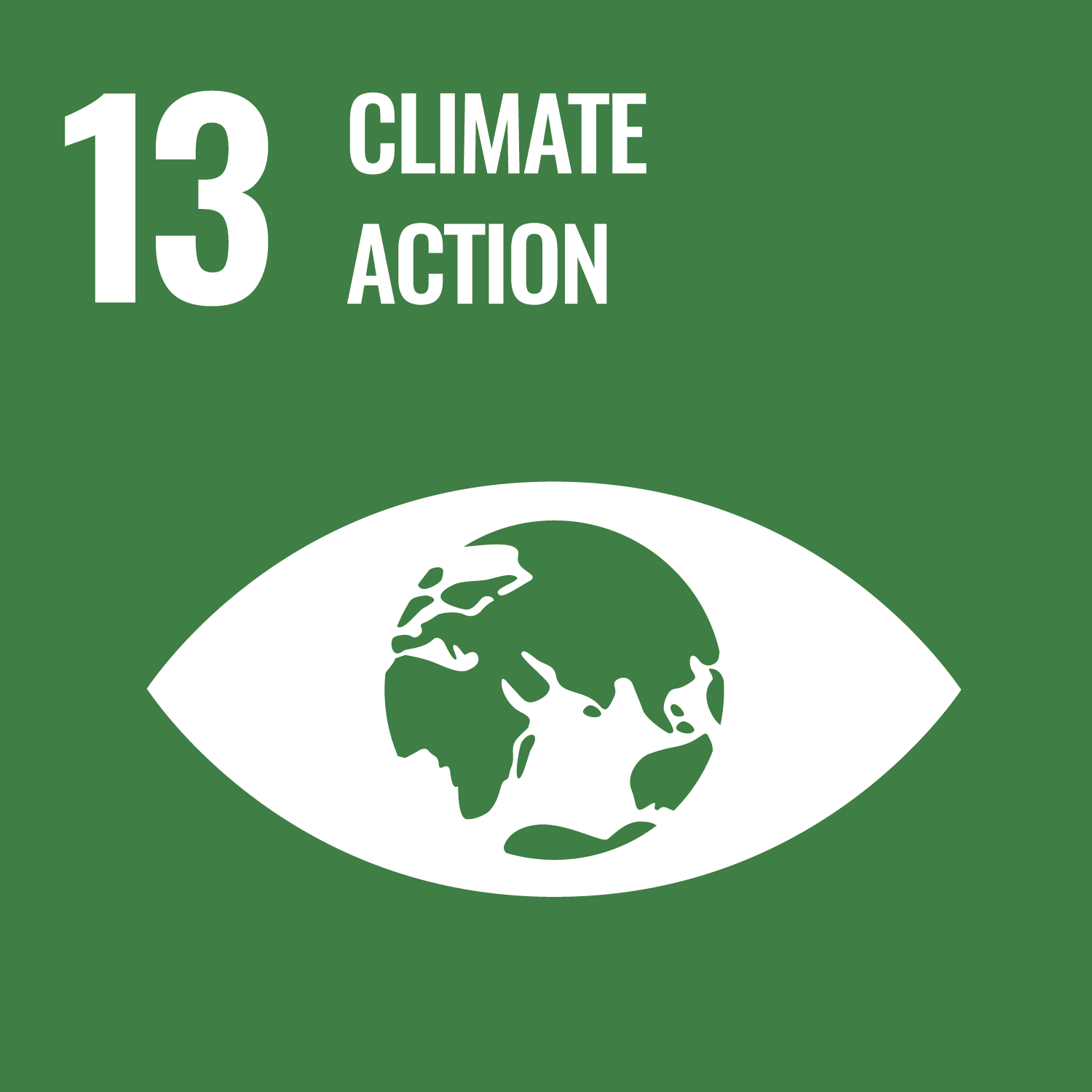Publication:
Islamic finance and the mission to net zero
Loading...
Abstracts views
191
Views & Download
219
Date
2022
SDG:
../../../../assets/images/goals/E_WEB_13.png

Abstract
The 26th United Nations Climate Change Conference of the Parties (COP26) summit held in Glasgow in November 2021, for the first time, targeted fossil fuels as the key driver of global warming. Over 130 countries committed to a net zero impact on climate within the next 50 years, with India committing to net zero emissions by 2070. This commitment moves the world closer to the key objectives of the summit: secure global net zero by mid-century and keep the average global temperature to 1.5 degrees Celsius within reach; adapt to protect communities and natural habitats; mobilise finance to secure global net zero; and work together to deliver the implementation of the Paris climate agreement commitments (United Nations, 2021). However, to achieve the set objectives, some of the following issues prevail post summit: a systematic approach to reimburse damages from climate change; prioritising countries with high sea levels; and addressing the increasing frequency of extreme disasters. What is generally the role of the financial sector and particularly Islamic finance in facilitating the efforts towards the net zero emissions target? This article focuses on the expectations, responsibilities, achievements and challenges for Islamic finance with reference to green sukuk.
Keywords
Islamic finance , Green sukuk , Climate change , Sustainable finance
Citation
Abdul Aziz, A. H. & Mahomed, Z. (2022). Islamic finance and the mission to net zero. IF Hub, 1 (March 2022), 9-13.
Publisher
ISRA Research Management Centre
DOI
Files

Islamic_finance_and_the_mission_to_net_zero_Ziyaad.pdf
Size: 1.38 MBFormat: pdf
Views: 41 Downloads: 178
